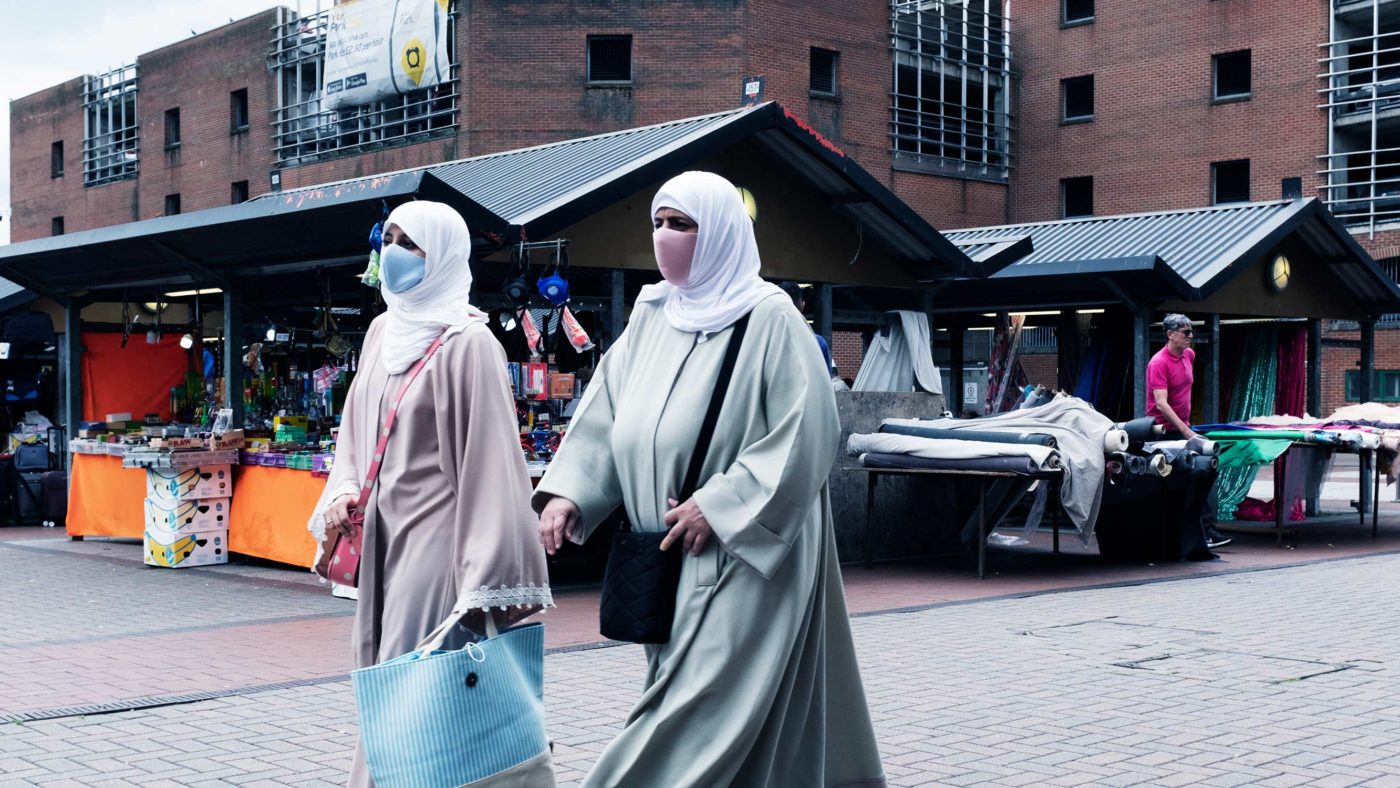Tomorrow marks 20 years since the 9/11 terrorist attacks, an atrocity the consequences of which are still unfolding today. While the failure of the Afghanistan intervention has been all too apparent in the last two weeks,it’s also worth considering the more subtle effects that 9/11 and the War on Terror have had on public attitudes here in the UK, particularly among British Muslims..
The 2003 US-UK invasion of Iraq proved to be deeply unpopular among British Muslims, to the extent that a sizeable number left their usual party – Labour – and voted for the Liberal Democrats in the 2005 General Election. In the same year as that election, the 7/7 London suicide bombings took place – the deadliest act of Islamist terror on British soil, which claimed the lives of 52 victims. Since then, Britain has been struck by a series of lethal attacks, including the May 2017 Manchester Arena suicide bombing, which killed 22 people and injured over 1,000 concert-goers.
There has been an inevitable anti-Muslim backlash – with a January 2021 poll by ICM Unlimited revealing that around one in five Brits have an unfavourable view of Muslims overall.
All of this gives rise to vitally important questions on British Muslim institutional trust, national identity and national belonging. Do British Muslims think Britain is a decent place to live for themselves and their co-religionists? To what extent do Muslim communities in Britain value their British national identity? Did the ‘War on Terror’ fundamentally undermine British Muslim perceptions of their own democratic system? What has been the impact of post-9/11 securitisation on the relationship between British Muslims and domestic law-enforcement institutions? How anxious are British Muslims over the effects of Islamist extremism when compared with the general population?
Existing studies suggest that the picture on the ground is far more positive than some may believe. For example, one recent study, by crime and justice consultancy Crest Advisory, found that more than three quarters of British Muslims (76%) believe Britain is a good place to live as a Muslim – with freedom of religion cited as the primary reason. Interestingly, a far lower proportion of the general population (52%) think Britain is a good place to live as a Muslim – an indication that the view of Britain as Islamophobic is far more prevalent among non-Muslims than Muslims themselves. This followed on from several studies which provide similar findings. The 2010 EMBES, which remains the most comprehensive survey into British ethnic-minority public attitudes to date, found that Muslim Brits of Bangladeshi and Pakistani heritage were notably more likely to be satisfied with the way democracy worked in Britain compared to white Britons.
Along with relatively high levels of political trust, the UK’s Muslims tend to put great store in being British. For instance, one study in 2012 found that Britain’s Bangladeshi and Pakistani Muslim groups attached a great deal of importance to their British national identity.
There are also encouraging figures to report over the relationship between British Muslims and domestic law-enforcement institutions. The Crest Advisory study found that while 51% of the wider general population feel that the police engage well with their community, this rises to 53 per cent for British Muslims. My own ethnic group, Britain’s Bangladeshi-origin population – which is overwhelmingly Sunni Muslim – is more likely to have confidence in their local police force than white Brits (81% and 74% respectively).
While some have accused the UK’s counterterrorism strategy of alienating the ‘British Muslim community’, Crest Advisory found that the majority of British Muslims – 56% – had not even heard of PREVENT. On matters of public safety, 63% of British Muslims say they are worried about the threat of Islamist extremism – not too dissimilar to the 67% of the wider British population. Two-thirds of British Muslims say they would refer concerns about radicalisation to the government’s counterterrorism programme – a higher figure than the corresponding figure for the wider public (63%).
The survey data in the post-9/11 environment tells us this: the vast majority of British Muslims are law-abiding, patriotic, and communitarian people who believe that their country affords them considerable religious freedoms. While many British Muslims have opposed the UK’s involvement in botched military campaigns in Muslim-majority countries, they have not turned their backs on our democracy.
The idea that British Muslims are drowning in a pool of anti-authority sentiments and institutional distrust is totally misplaced – the vast majority have confidence in their local police force and are willing to co-operate with security agencies. And, crucially, British Muslims are broadly in line with the general population when it comes to being concerned over the dangers posed by Islamist extremism.
British Muslims are not the put-upon victims of ‘Islamophobia’ that the left-wing grievance lobby portrays them as. Nor are British Muslims part of a disloyal ‘fifth columnist’ population as is claimed by hard-right bigots. In reality, the vast majority of British Muslims have been badly let down in the post-9/11 world by rabid ideologues who thrive on sowing the seeds of social division.
In the interests of national solidarity and social cohesion, must never allow the radical fringes of society to seize the narrative with their grossly simplistic caricatures of British Muslims.
Click here to subscribe to our daily briefing – the best pieces from CapX and across the web.
CapX depends on the generosity of its readers. If you value what we do, please consider making a donation.


